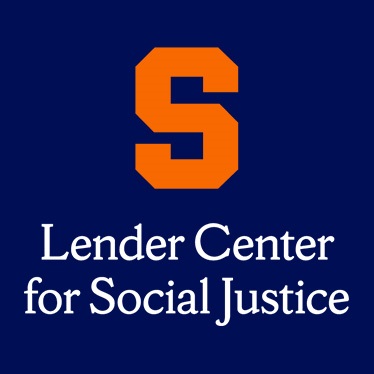Homeownership, Housing Capital Gains and Self-Employment
John P.Harding & Stuart S.Rosenthal
Journal of Urban Economics, April 2017
This paper measures the impact of individual-level housing capital gains on transitions into and out of self-employment.
Drawing on special features of the 1985–2013 American Housing Survey (AHS) panel, the authors' most robust models control for recent expenditures on home maintenance, MSA-by-year fixed effects, lagged proxies for wealth and other household attributes. Net of home maintenance, a 20 percent real increase in home value over a two-year period raises the likelihood of entry into self-employment by roughly 1.5 percentage points; housing capital losses have little effect on exits. Controlling for house fixed effects, self-employed homeowners are also more likely to hold a HELOC, facilitating easy, low-cost access to home equity that could be used to cover business expenses.
These and other estimates suggest that links between homeownership and self-employment are strong enough to be important when home prices are rising rapidly, but modest when housing capital gains are limited or negative.
Related News
School News

Nov 17, 2025
School News

Nov 14, 2025
School News

Jan 13, 2025

